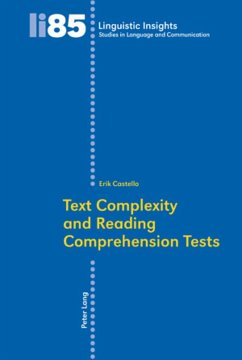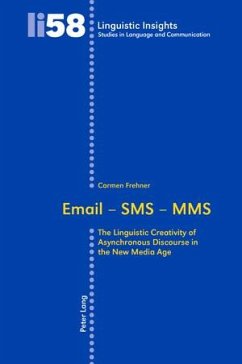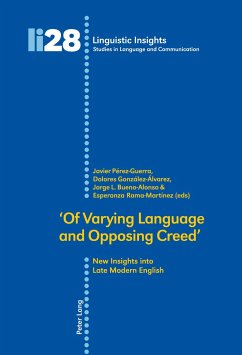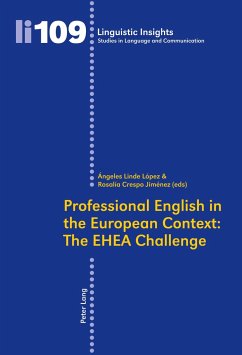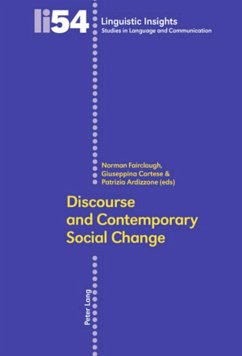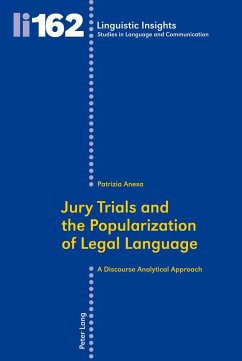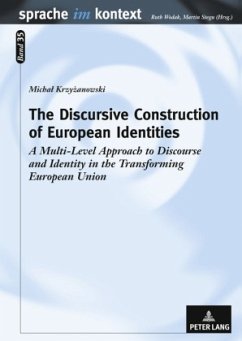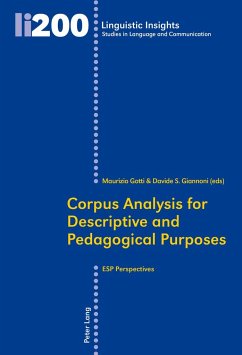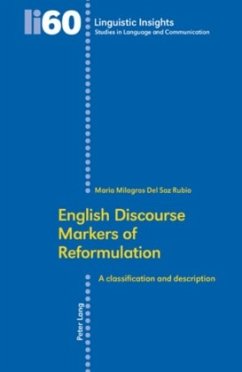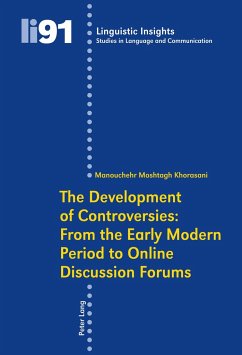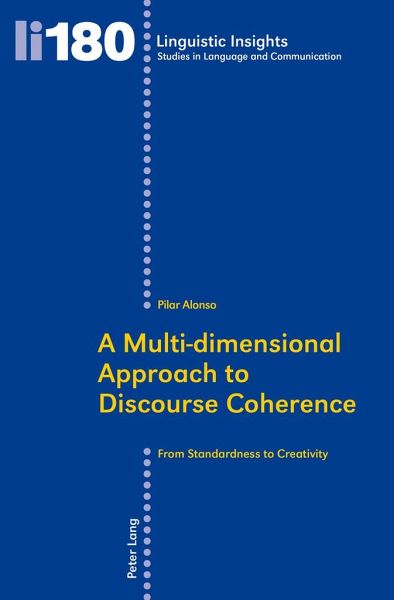
A Multi-dimensional Approach to Discourse Coherence
From Standardness to Creativity
Versandkostenfrei!
Versandfertig in 6-10 Tagen
89,95 €
inkl. MwSt.

PAYBACK Punkte
0 °P sammeln!
This book presents a comprehensive study of the subject of text and discourse coherence, integrating some of the traditional trends of discourse analysis and creating new channels of research which help to understand the notion further. Based on the work of leading theoreticians and on the actual consideration of authentic linguistic material, the book identifies the structural and cognitive aspects of standard discourse coherence and, as a variation from other mainstream approaches, it also explores the more subjective and culturally-bound conceptual aspects of coherence construction in creat...
This book presents a comprehensive study of the subject of text and discourse coherence, integrating some of the traditional trends of discourse analysis and creating new channels of research which help to understand the notion further. Based on the work of leading theoreticians and on the actual consideration of authentic linguistic material, the book identifies the structural and cognitive aspects of standard discourse coherence and, as a variation from other mainstream approaches, it also explores the more subjective and culturally-bound conceptual aspects of coherence construction in creative modes of discourse. To achieve these aims, the study incorporates concepts and analytical practices from cognitive linguistic theories of conceptualisation; additionally, it draws from theories of communication to address the idiosyncratic and socio-cultural aspects which affect the formation of coherent discourse patterns. The intention is to broaden the perspective of the subject and to focus on its complexity, as well as to stress the need to conceive of discourse coherence as a multi-dimensional phenomenon consisting of numerous procedural components.





